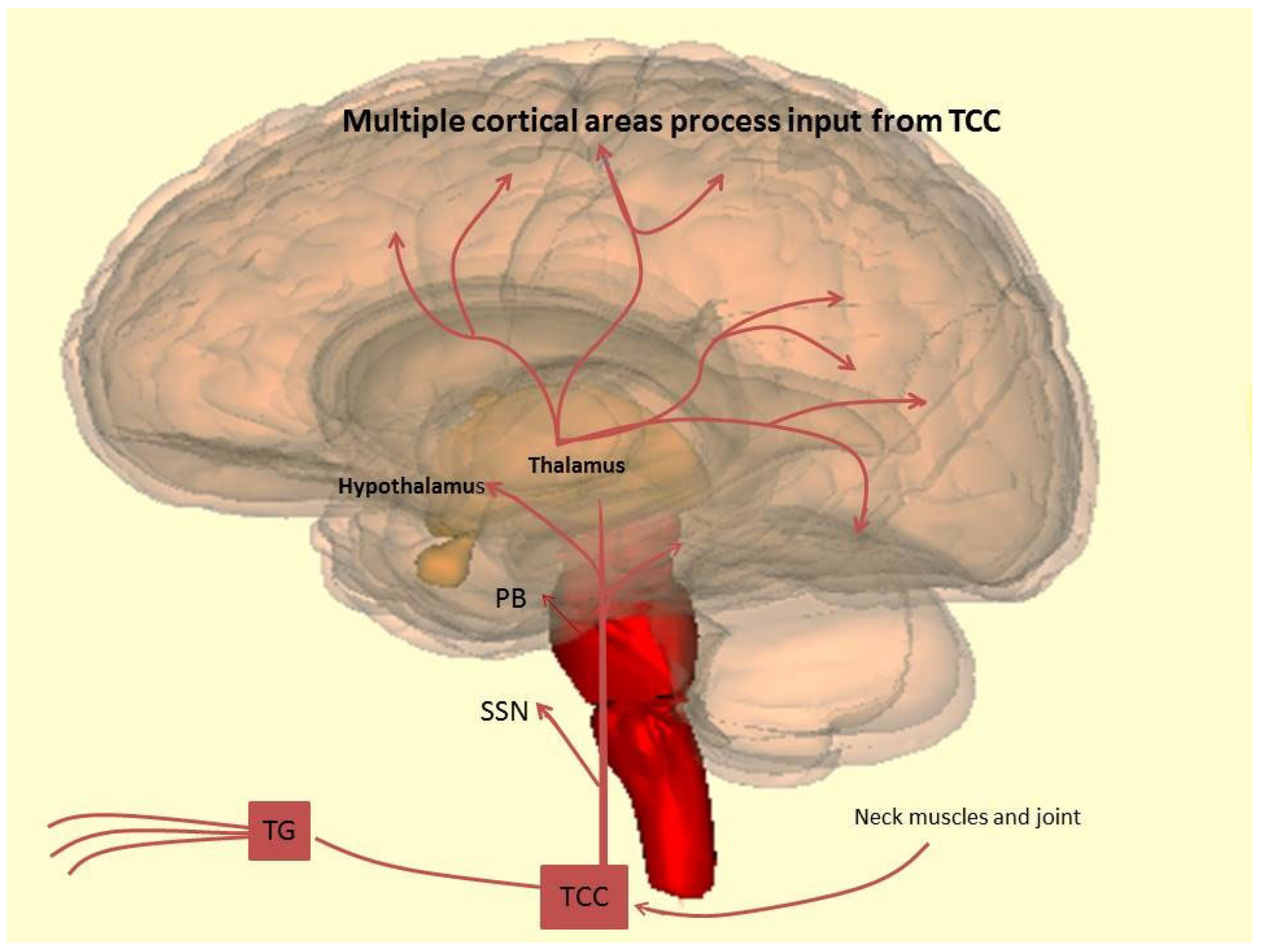In a groundbreaking medical achievement, Pakistan has successfully completed its first corneal transplant using tissue donated by a female donor, restoring the eyesight of two soldiers who had lost their vision during counter-terrorism operations. The historic procedure was performed at the Armed Forces Institute of Ophthalmology (AFIO), marking a major milestone in the nation’s medical history and highlighting the growing importance of organ donation in Pakistan.
The corneas were donated in accordance with the will of the late wife of Major General (Retd) Zafar Mehdi Askari, whose act of generosity has given new life to two young soldiers. The transplant surgeries were performed by highly skilled ophthalmic surgeons from the Pakistan Army on 30-year-old soldier Aliullah and 26-year-old soldier Falak Sher, both of whom had sustained severe eye injuries during their service. Following the procedure, the medical team confirmed that both soldiers had regained their vision, a success described as “a landmark achievement in Pakistan’s medical field.”
The donor’s daughter, Zehra Mehdi, expressed profound pride in her late mother’s final act of kindness. “The greatest honour is that my mother’s eyes were donated to two brave soldiers,” she said, calling the donation “a source of eternal charity (sadaqah-e-jariyah).” Her words reflected the emotional depth and lasting impact of this gesture, which not only brought hope to two individuals but also inspired the nation toward a greater understanding of organ donation.
The AFIO’s pioneering surgical effort has been widely praised by both medical professionals and the general public. It demonstrates that with proper medical infrastructure and awareness, Pakistan has the capability to perform complex and life-changing procedures locally. The success also highlights the need to promote posthumous organ donation, which remains limited in Pakistan due to prevailing social and cultural misconceptions.
Experts warn that organ donation in Pakistan is still significantly low compared to global standards. It is estimated that 10 to 15 people die every day in the country due to the lack of available organs, while the figure in the United States is around 20 per day. Medical professionals have emphasized that these deaths are largely preventable through the establishment of structured organ donation programs, public education campaigns, and legal frameworks supporting both living and deceased donations.
Additionally, specialists are urging the government and research institutions to explore xenotransplantation, or animal-to-human organ transfers, as a possible long-term solution to the ongoing shortage. However, they stress that societal attitudes toward organ donation must change first. Deep-rooted cultural taboos and religious misconceptions continue to prevent many Pakistanis from registering as donors, leaving thousands suffering or dying while waiting for transplants.
The success of this corneal transplant stands as a symbol of hope and progress. It not only celebrates medical innovation but also serves as a reminder of the profound human impact of organ donation. With increased awareness and continued commitment, Pakistan has the potential to transform its healthcare system and save countless lives in the years to come.



